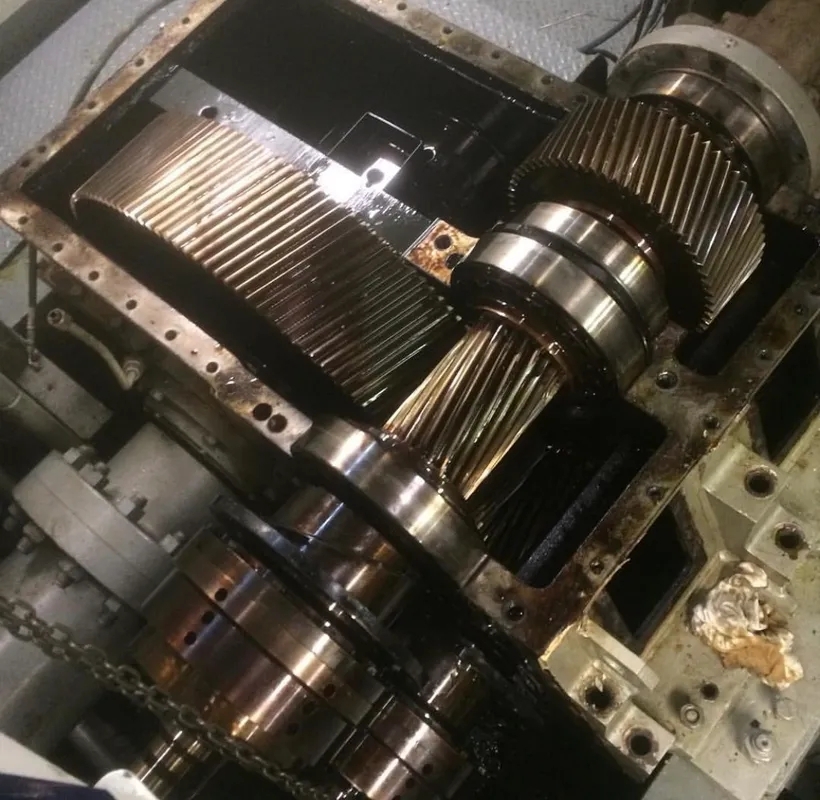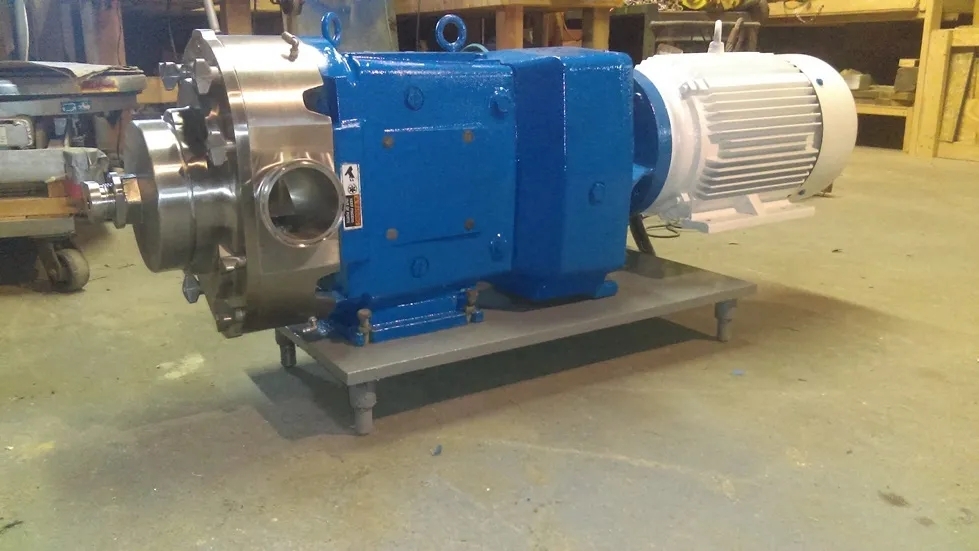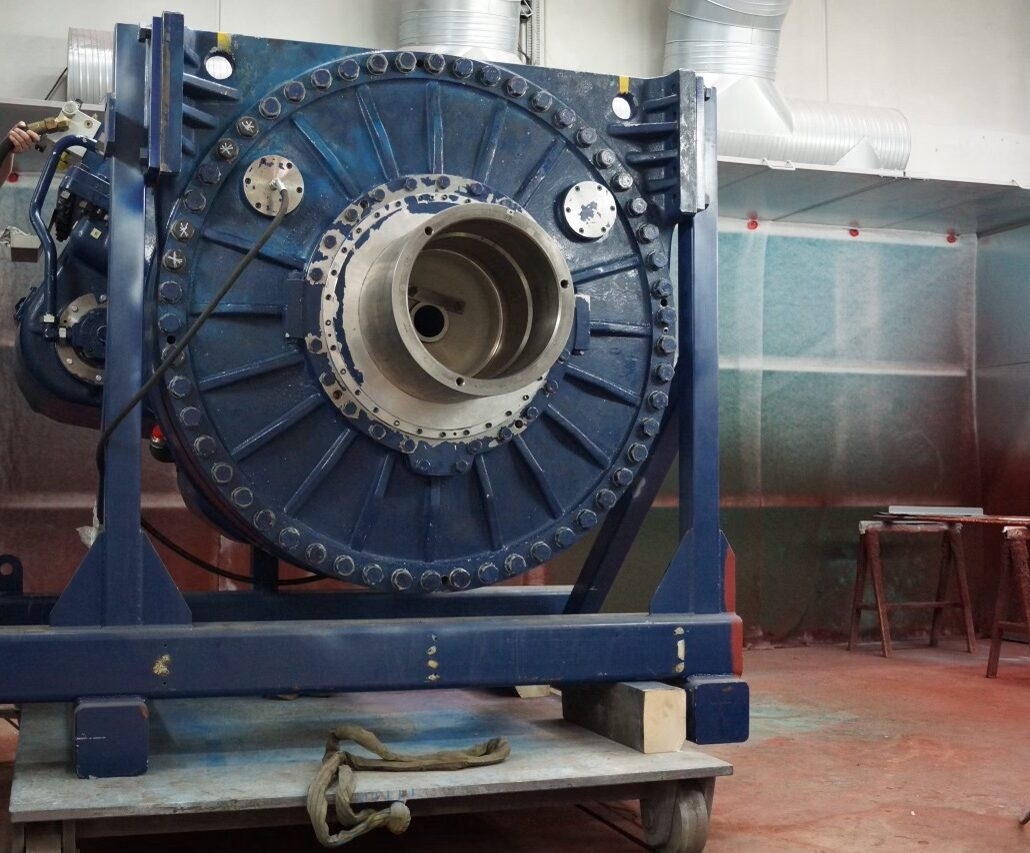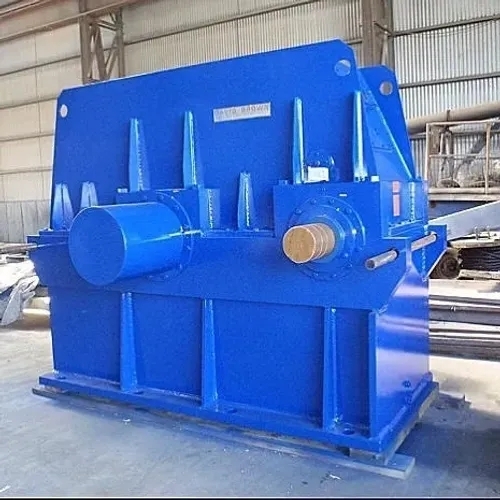

Plastic granulator blades should be sharpened regularly to maintain optimal performance. It is recommended to sharpen the blades every 500-700 hours of operation, or whenever they start to show signs of dullness. Keeping the blades sharp ensures efficient cutting and reduces wear and tear on the machine.
When sharpening plastic granulator blades, it is important to use the proper techniques to ensure longevity. The blades should be sharpened at the correct angle to maintain their cutting edge. It is also crucial to remove any burrs or nicks that may have formed on the blades to prevent further damage during operation.
Tompkins County poised for manufacturing boom with Menlo Micro and Micron investments “Menlo Micro announced a significant investment of over $50 million to establish a fabrication facility in Lansing, near Ithaca, New York, signaling a major boost for the local manufacturing workforce.” Read more Plug Power wins $75 million grant from DOE “The Latham hydrogen … NYS Manufacturing and Tech News 3.11.24 Read More »
Posted by on 2024-03-15
We continue our blog series on the great work of our New York State assets in Advanced Materials across the state. This week, we feature the work of Rensselaer Polytechnic Institute (RPI) in Troy, NY, and their work on next generation building technology with an aim to decarbonize the built environment. This includes working with … Advanced Materials Strengths and Assets in NYS: Focus on Rensselaer Polytechnic Institute Read More »
Posted by on 2024-02-28
Embark on an enlightening exploration of New York’s economic transformation with special guest Alyson Slack from MRB Group, as we uncover the past and present of the state’s manufacturing sector. Together with FuzeHub’s Steve Melito we chart the course from a robust production history to a burgeoning service-oriented economy, all while acknowledging manufacturing’s lasting contributions … Podcast: Building Better Economies Read More »
Posted by on 2024-03-18
New $25M beauty manufacturing and innovation hub for Black- and women-owned businesses coming to Brooklyn Navy Yard “The Brooklyn Navy Yard is set to be home to a new $25 million state-of-the-art manufacturing, incubator, and accelerator facility focused on helping Black- and women-owned health and beauty businesses launch and grow in New York City.” Read … NYS Manufacturing and Tech News 3.4.24 Read More »
Posted by on 2024-03-08
In our third feature in our New York State Assets blog series on Advanced Materials, we focus on the groundbreaking work at the University at Buffalo. Their Department of Materials Design and Innovation focuses on accelerating lab discoveries into practical engineering applications. They are pioneering new approaches in material science education and research, leveraging technologies … Advanced Materials Strengths and Assets in NYS: Focus on University at Buffalo Read More »
Posted by on 2024-03-06
There are specific types of sharpening tools and equipment that are best suited for plastic granulator blades. Diamond sharpening stones or grinding wheels are commonly used to sharpen the blades effectively. These tools provide a precise and consistent sharpening result, ensuring the blades are in optimal condition for operation.

Signs that indicate plastic granulator blades need sharpening or replacement include decreased cutting efficiency, uneven cuts, or an increase in energy consumption. If the blades start to produce excessive noise or vibrations during operation, it may also be a sign that they need sharpening or replacement.
Plastic granulator blades can typically be sharpened multiple times before needing to be replaced. The number of times the blades can be sharpened depends on the extent of wear and damage. It is important to monitor the condition of the blades and replace them when they no longer maintain their cutting edge effectively.

There are professional services available for sharpening plastic granulator blades. These services often use specialized equipment and techniques to ensure the blades are sharpened correctly. The typical cost for sharpening plastic granulator blades by a professional service can vary depending on the size and condition of the blades.
The potential risks or drawbacks of not regularly sharpening plastic granulator blades include reduced cutting efficiency, increased energy consumption, and potential damage to the machine. Dull blades can lead to uneven cuts, material jams, and overall decreased productivity. Regular sharpening of the blades is essential to maintain the performance and longevity of the plastic granulator.

Yes, the company offers maintenance contracts for ongoing equipment servicing to ensure the continued functionality and performance of the machinery. These contracts include regular inspections, repairs, and replacements of parts as needed to prevent breakdowns and prolong the lifespan of the equipment. By signing up for a maintenance contract, customers can rest assured that their equipment will be well taken care of by trained technicians who specialize in servicing specific types of machinery. Additionally, these contracts may also include emergency services and priority scheduling for any unexpected issues that may arise. Overall, maintenance contracts provide peace of mind and help to optimize the efficiency and reliability of the equipment.
An experienced technician with expertise in industrial machinery maintenance can effectively troubleshoot electrical issues in manufacturing equipment. By utilizing specialized tools and diagnostic equipment, they can identify and resolve problems such as faulty wiring, malfunctioning components, or power supply issues. This requires a deep understanding of electrical systems, circuitry, and control panels, as well as knowledge of safety protocols and regulations. The technician may also need to interpret schematics, blueprints, and technical manuals to pinpoint the root cause of the issue and implement the necessary repairs. Additionally, they must be able to work efficiently to minimize downtime and ensure the smooth operation of the manufacturing process.
Industrial cooling systems come in various types, such as chiller systems, cooling towers, evaporative coolers, and air handling units. Each of these systems requires specialized knowledge and expertise for repair and maintenance. Technicians skilled in refrigeration, HVAC, mechanical engineering, and electrical systems are typically needed to diagnose and fix issues with industrial cooling systems. They may need to troubleshoot components like compressors, condensers, evaporators, pumps, and controls to ensure optimal performance. Additionally, knowledge of water treatment, refrigerants, and energy efficiency is crucial for effective repairs. By staying up-to-date on the latest technologies and industry standards, technicians can provide reliable and efficient repair services for a wide range of industrial cooling systems.
Yes, the company offers comprehensive preventative maintenance plans for manufacturing equipment to ensure optimal performance and longevity. These plans include regular inspections, lubrication, calibration, and replacement of worn parts to prevent breakdowns and costly repairs. By implementing a proactive maintenance schedule, businesses can minimize downtime, improve efficiency, and extend the lifespan of their equipment. Additionally, our skilled technicians are trained to identify potential issues before they escalate, providing peace of mind to our clients. Contact us today to learn more about our preventative maintenance services for manufacturing equipment.
When dealing with repairs for complex hydraulic press systems, technicians typically follow a systematic approach to diagnose and address issues. This process may involve conducting thorough inspections, utilizing specialized tools and equipment, troubleshooting hydraulic circuits, replacing faulty components such as pumps, valves, hoses, or cylinders, and testing the system to ensure proper functionality. Additionally, technicians may need to calibrate pressure gauges, check for leaks, adjust fluid levels, and perform preventive maintenance tasks to prevent future breakdowns. It is crucial for technicians to have a deep understanding of hydraulic principles, mechanical systems, and safety protocols to effectively handle repairs for complex hydraulic press systems.